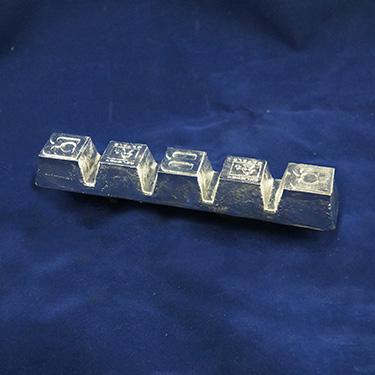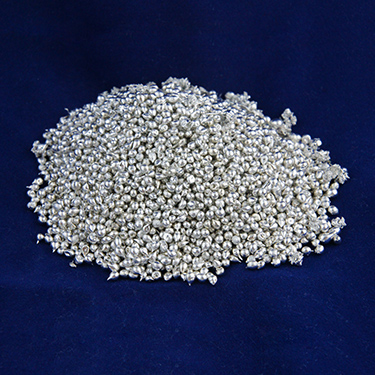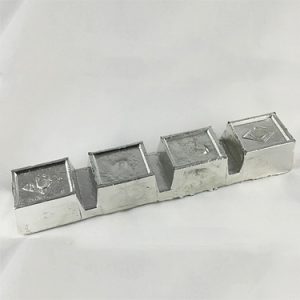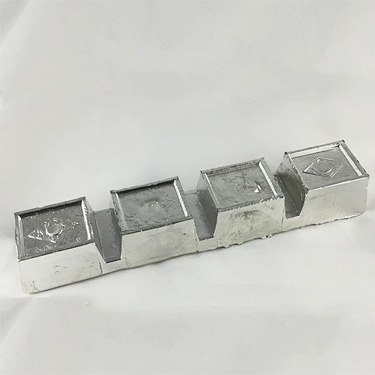Are you looking for an alternative to lead-based alloys? Many companies are moving away from lead and copper and tin alloys due to the regulations and toxicity associated with the heavy metal, and that often means choosing bismuth. The good news is that bismuth has a relatively low melting point, and it’s durable and malleable…
| Forms: |
|
|---|---|
| Belmont Product Code | 7921 |
| Nominal Composition: |
|
|---|
| Technical Info: |
|
|---|
RELATED POSTS

The Use of White Bronze VS Pewter for Art Casting Applications
When it comes to casting applications, do you know which is better, white bronze or pewter? The most popular choice today and in the past has been pewter, but the use of white bronze has increased in recent years. Here at Belmont Metals, we have both white bronze and pewter that’s perfect for all your…

The Versatility of Pewter: Alloy Types for Decorative Applications
When it comes to decorative alloys, pewter has made a comeback in recent years in the jewelry and crafting industries. This versatile alloy can be found throughout the jewelry world as plated rings, necklaces and bracelets. It is also fashioned into medals, pendants, figurines, statues, and replica coins. Many people may not actually know that…

Safe sparklers
Using lead-free pewter alloys for making jewelry helps alleviate health concerns Adding lead to an alloy can help create characteristics—such as softness and lower melting temperatures—that are useful for many applications. However, lead also is a neurotoxin that is dangerous to animals and humans. Small children are more vulnerable to the effects of lead exposure…




